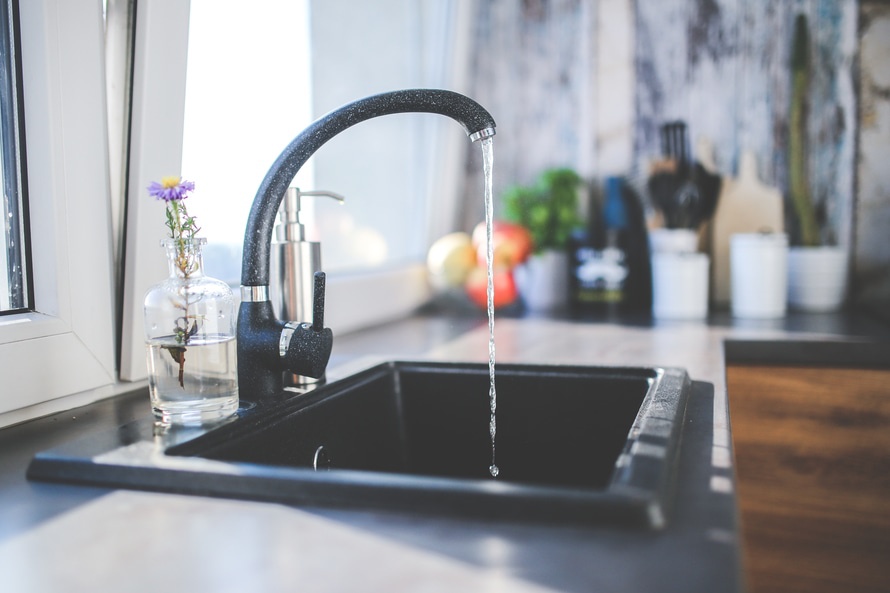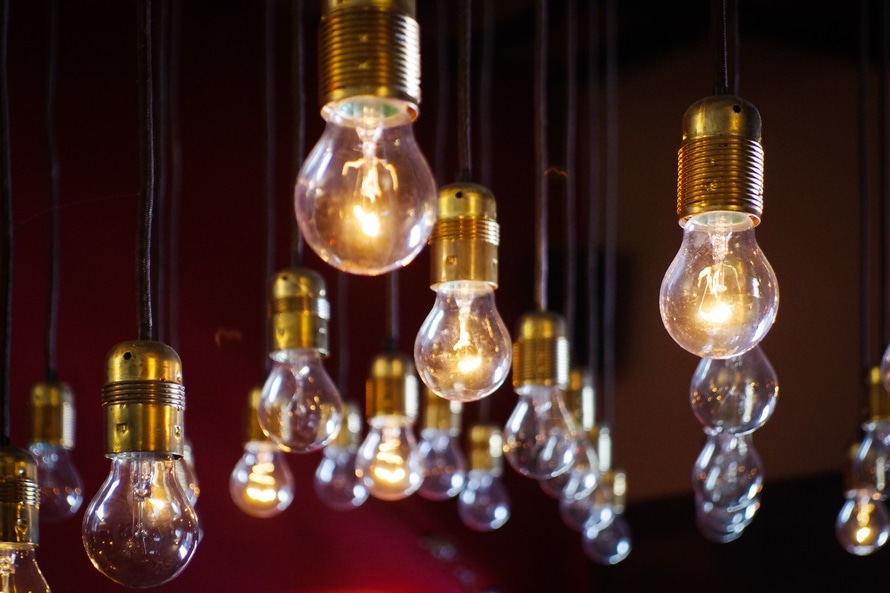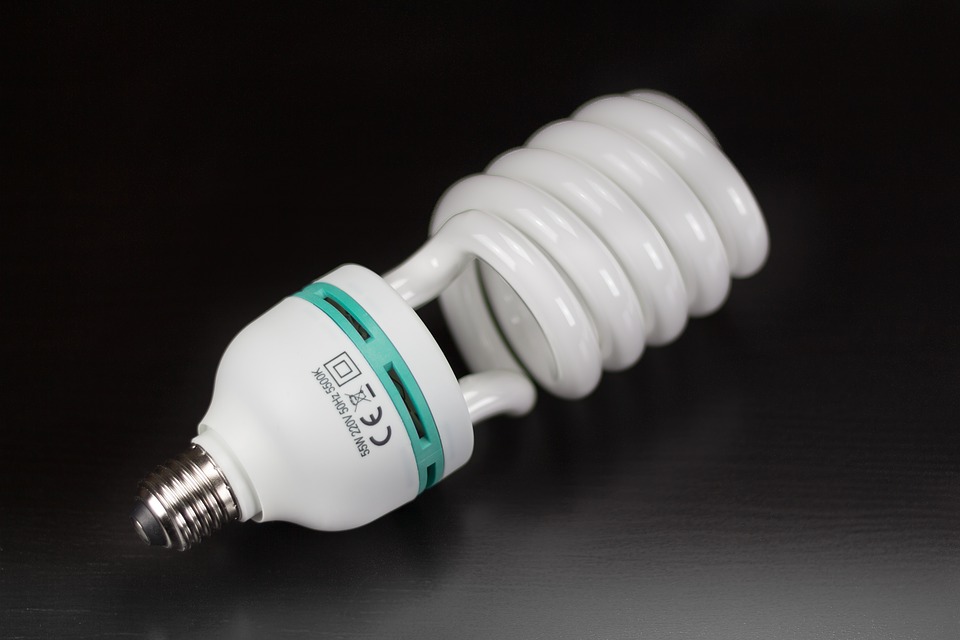Nearly half of all American families spend 17% of their after-tax income on energy costs. The recent data from the US Department of Energy (DOE) raise concerns on how little we are doing to save energy despite available information and technologies.
Since 2008, the DOE has been promoting building and construction guidelines that aim to cut energy usage. The DOE’s Builders Challenge program, which has recognized hundreds of builders for advocating energy efficiency, has led to over 14,000 energy efficient homes and millions of dollars in energy savings. The agency is taking its initiatives further by introducing the DOE Zero Energy Ready Home, a high-performance home that can offset “all or most of its annual energy consumption.”
If you’re in the market for a new house, consider building an energy-efficient home that will save you money in the long-term and reduce your carbon footprint. If you’re still saving up for your dream house, you can start an energy efficient lifestyle with these energy saving tips.
Practice Smart Cooking

Saving energy is a combination of common sense and bit of knowledge on the devices you use every day. Take for example your cooking appliances. Do you know that heating leftovers in the microwave oven or toaster is more energy efficient that using your gas oven? The Consumer Guide to Home Energy Savings notes that cooking an average casserole for an hour in a gas oven (350F) uses up .112 therm of energy equivalent to $.07. If you opt for a microwave oven at “high” temperature, you’d only consume .36 kWh of energy for $.03.
The microwave oven or toaster are advisable only for heating foods or cooking for an hour or less. A natural gas oven is preferable for longer and more frequent cooking. Choose a gas oven with a range that uses spark ignition and has a window for you to check the progress of your dish. The temperature can drop 25 degrees every time you open the oven door. Once your dish is almost ready, turn off your oven and let existing heat finish the cooking.
Buy pots and pans that match the burners so no energy is wasted. By using tight-fitting covers on your pots, you also shorten cooking time and save energy.
Ditch your Old Appliances

If you still own your refrigerator your mom bought in the 1990s, it’s time to let go. Older appliances cost more to operate and maintain than newer models. If your air-conditioning unit is showing defect, call a repairman immediately. Defective electronics are as bad as rusting appliances.
There’s a lot of energy-efficient models of refrigerators, ACs and other appliances that are also affordable. Choose a refrigerator that has a power-save switch and an AC with a seasonal Energy Efficiency Ratio (SEER) of 15.
Teach your family energy saving tips such as changing or cleaning the AC air filters every month, and closing doors and windows tightly when the AC is on. Always keep your freezer full even with gallon containers of water. It uses less energy when it’s full than when it’s empty.
Monitor Leaks with your Smartphone

According to the US Environmental Protection Agency, 10% of homes have leaks that waste at least 90 gallons of water per day. Most household leaks are from dripping faucets, leaking valves, worn toilet flappers, and neglected pipes in the garage. Fixing these water leaks, data shows, can save you about 10% on your water bill.
Do a regular inspection of pipes under your kitchen and bathroom sink, in the garage, and other parts of your house that you rarely visit. There are alarm devices you can install in these areas to detect leaks and send you notifications via a mobile app.
Save Energy with the Right Bulbs

You need to replace all your appliances, install a new roofing or buy expensive smart home devices to cut cost. There’s a lot you can do such as exploring home designs that can lower your utility bills. One easy way to make a difference is to use energy-efficient bulbs. Compact fluorescent or CFL bulbs give off the same amount of light as standard bulbs but last up to 10 times longer. These lighting options require less energy and don’t get as hot as halogen bulbs.
Reminding kids to ALWAYS turn off lights when they leave the room is not an easy feat. You can install timers to turn lights on in the evening and off during the day. If you have the budget, you can opt for motion-detector lights in hallways and outdoor areas.
Mind your Electronics Usage

Do you know that electronics on “standby” mode, even when they’re turned off, consume energy? Unplug the TV, computer and other devices when not in use. Most people keep their phone chargers plugged in. The DOE warns that the average phone charger is consuming .26 watts of energy when not in use. You can plug your phone or tablet into a power strip to toggle the energy flow on and off. A light switch for power outlets can also help.
When buying a new entertainment system, choose certified models that have energy-saving features. Go for a laptop that uses less energy than a desktop computer (this can also save you a lot of space at home!). If you need to take a quick break from working, set your computer to sleep or hibernate. Leaving it on with a screen saver is a waste of power.
Take Time to REALLY Unplug

Disconnecting from time to time is not only good for your pocket and the environment; it’s also beneficial to your well-being. Technology and the rapid flow of information bombard our senses to a stressful degree.
Restrict your kids’ use of handheld devices, spend tech-less family time (you can play board games or cook together), and commune with nature on weekends. Turn off your laptop and pick up a good book.
There are a lot of ways to cut energy cost—from building a ZER-compliant home to simply unplugging your TV when not in use. An energy-efficient lifestyle should be a family affair. Discuss ways to reduce your power consumption, lower your utility bills and save the planet.
























